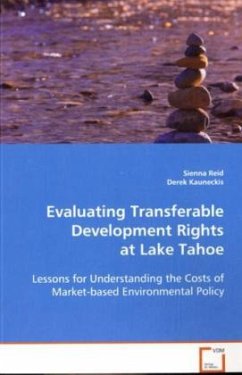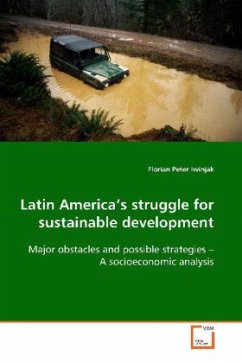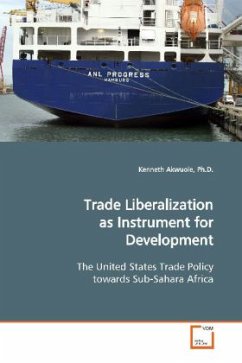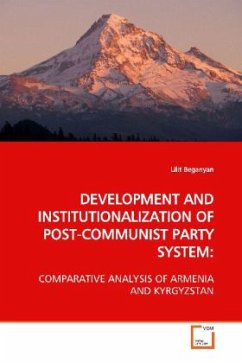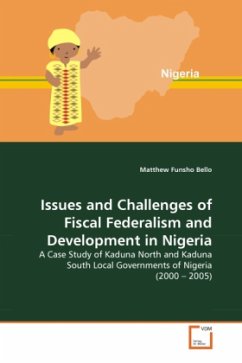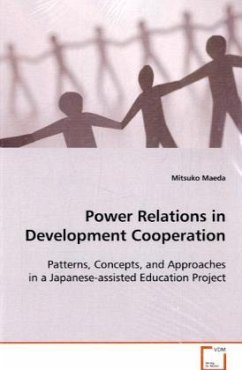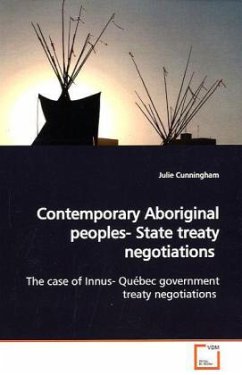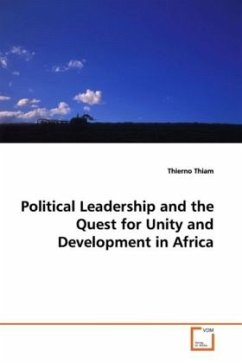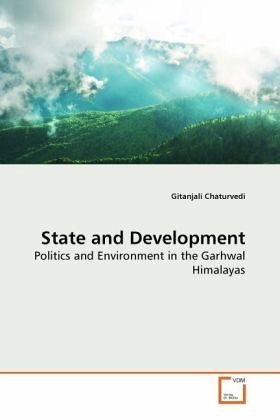
State and Development
Politics and Environment in the Garhwal Himalayas
Versandkostenfrei!
Versandfertig in 6-10 Tagen
52,99 €
inkl. MwSt.

PAYBACK Punkte
26 °P sammeln!
Using the Garhwal Himalayas as a site for political contest, economic empowerment and employment generation, this book highlights the interactions between state and society vis-a-vis development. Over time, the state with its agenda for development has promoted policies that have not always produced the desired impact - progress, prosperity, self- sufficiency. The economy of the Garhwal Himalayas that has been determined by subsistence farming, transit trade and a heavy dependence on extractive industries such as mining is today being driven by a relatively new industry - tourism. This book ex...
Using the Garhwal Himalayas as a site for political contest, economic empowerment and employment generation, this book highlights the interactions between state and society vis-a-vis development. Over time, the state with its agenda for development has promoted policies that have not always produced the desired impact - progress, prosperity, self- sufficiency. The economy of the Garhwal Himalayas that has been determined by subsistence farming, transit trade and a heavy dependence on extractive industries such as mining is today being driven by a relatively new industry - tourism. This book explores the nature of tourism in the Gangotri region in Garhwal where a diverse mix of people visit annually to pursue different hobbies or interests. Here they conflict not only with each other, but also with the environment. Given this scenario, the book explores the need for community based, community led, and community managed ecotourism that brings about a semblance of balance - natural and otherwise - in addition to ensuring that the benefits of tourism trickle to the community that has traditionally lived in this environmentally fragile region.



